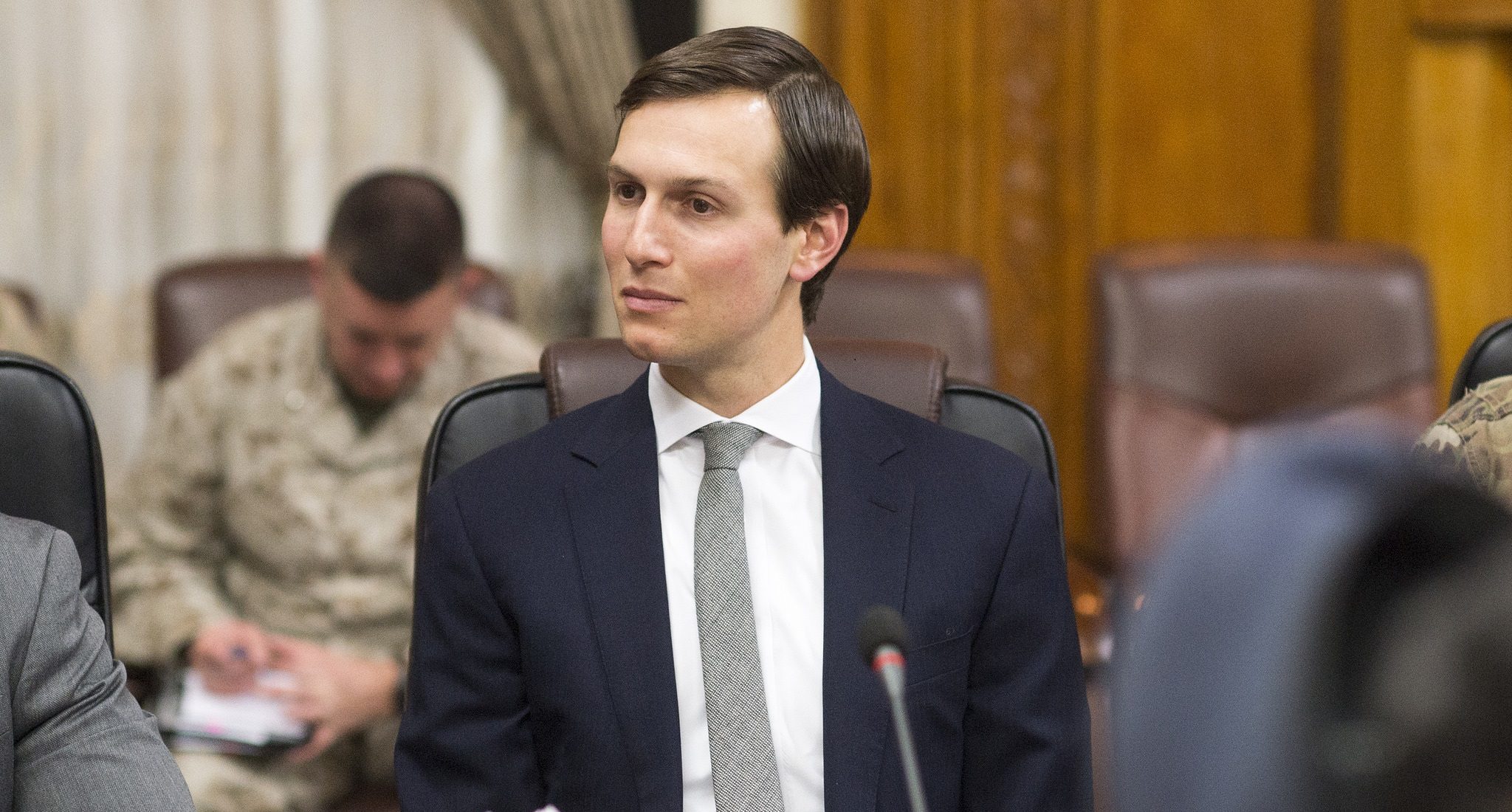Based on what we know right now, there are three levels of the investigation into whether or not the Trump campaign colluded with the Russian attempt to influence the election.
- The meetings Trump and/or his staff had with Russian officials that they have consistently lied about,
- The financial ties that Trump, his family and staff have had with Russians, and
- Actual attempts to coordinate efforts during the campaign and transition.
In addition, there are a couple of groups of players involved. There are those who were advisors during the campaign (Flynn, Page, Manafort, family members) and then there are those who are part of the administration.
If you combine the areas of investigation and the two different groups, there are only two people who have been involved across the board. One of them, Michael Flynn, was forced to resign. The other is Jared Kushner.
The president’s son-in-law failed to disclose several meetings with Russians during the course of the campaign and transition, including the most recent revelation about Natalia Veselnitskaya. At least one of those meetings seems to be about hitting up a Russia state banker for a multi-hundred-million dollar loan to save his family business. When it comes to possible coordination, we’ll come back to that in a minute, but he had information via the email forwarded to him about the meeting arranged by Donald, Jr and obviously attended it knowing that the agenda was about getting dirt on Clinton from the Russian government. We also know that Kushner, along with Flynn and Erik Prince, was involved in trying to set up a back-channel line of communication between Trump and Putin that would avoid U.S. intelligence agencies. Finally, Kushner is the only player involved in all of these activities (other than Flynn) that was part of the Trump campaign and now plays a central role in the administration.
Much of the conversation about collusion has focused on whether or not the Trump campaign knew about, or was involved with the dumping of the emails Russian operatives hacked from the DNC and Clinton campaign. But as Peter Stone and Greg Gordon report, there were other strategies the Russians used to influence the election.
By Election Day, an automated Kremlin cyberattack of unprecedented scale and sophistication had delivered critical and phony news about the Democratic presidential nominee to the Twitter and Facebook accounts of millions of voters, many in swing states, even in key precincts.
Russia’s operation used computer commands knowns as “bots” to collect and dramatically heighten the reach of negative or fabricated news about Clinton, including a story in the final days of the campaign accusing her of running a pedophile ring at a Washington pizzeria.
One source familiar with Justice’s criminal probe said investigators doubt Russian operatives controlling the so-called robotic cyber commands that fetched and distributed fake news stories could have independently “known where to specifically target … to which high-impact states and districts in those states.”
Stone and Gordon note that this describes one of the main issues being probed by both congressional committees and the Mueller team. The central player in all of that on the Trump campaign side of the equation is Jared Kushner, who was in charge of the digital operation.
Beyond specifics like targeting women and African American voters in crucial states during the final stages of the campaign, Republicans have a reason to be interested in whether or not the Kushner digital team collaborated with the Russians during the primary.
It started even before Trump locked up the nomination. Throughout the Republican primary elections in early 2016, Russia sent armies of bots carrying pro-Trump messages and deployed human “trolls” to comment in his favor on Internet stories and in social media, former FBI special agent Clint Watts told Congress weeks ago.
Watts, now a cybersecurity specialist with the Foreign Policy Research Institute, said the targets included former Florida Gov. Jeb Bush, Florida Sen. Marco Rubio and South Carolina Sen. Lindsey Graham.
The truth is that Putin didn’t need any help in hacking into DNC and Clinton campaign networks or releasing the material through Wikileaks and other outlets. But apparently he would have needed assistance from someone to know which voters in which areas of the country to target with his disinformation campaign about Clinton and Republican primary opponents. That’s what leads investigators to Jared Kushner’s doorstep.



